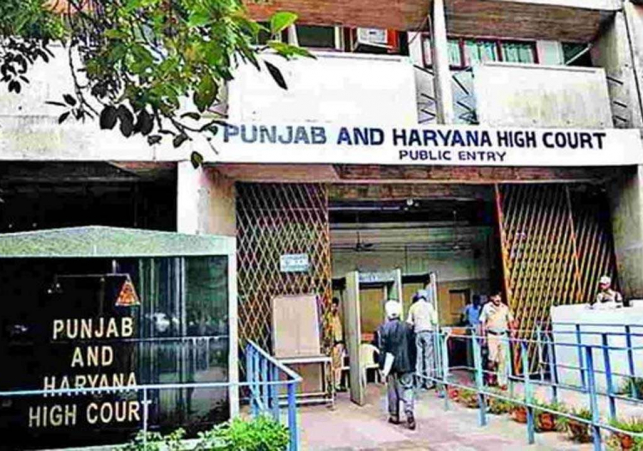

On Wednesday, the Supreme Court lifted an interim stay imposed by the Punjab and Haryana High Court on a Haryana statute giving indigenous applicants 75 percent reservation in private sector positions.
However, the Haryana government has been instructed to refrain from initiating coercive measures against private sector employers who choose to ignore the disputed new law for the time being.
Haryana Chief Minister ML Khattar's government had petitioned the Supreme Court earlier this month to overturn a High Court ruling declaring the quota unsustainable and unjust.
The state claimed that the order was issued after a 90-second hearing during which its lawyer was not heard.
The Supreme Court has requested the High Court to hear the case in its entirety and issue a decision within four weeks.
Moreover, the Haryana government has been advised to refrain from using coercive measures against non-public sector employers who refuse to comply with the disputed new legislation at this time.
A bench of Justice L Nageswara Rao and PS Narasimha said, "We do not intend to deal with merits of matter... request High Court to decide expeditiously, and not later than four weeks. Parties are directed not to seek adjournment..." "In the meanwhile, Haryana is directed not to take coercive action against employers. The impugned order passed by the High Court is set aside as the High Court has not given sufficient reasons..."
During the hearing, Dushyant Dave, who represented the Faridabad Industries Association, argued the rule would have "far-reaching implications," including the prospect of small private sector businesses being forced to close due to a shortage of qualified candidates for reserved positions.
Private hospitals, according to Mr. Dave, maybe impacted because many of their nurses are from Kerala. He pointed out that the government of Haryana's claim that 900 firms had registered under the ordinance "means nothing" because the state has over 45,000 private businesses.
"Industries will suffer... this affects the idea of India as an economic unit," Shyam Divan, of the Manesar Industries Welfare Association, warned.
Additionally considerably, the Supreme Courtroom is contemplating transferring to itself Excessive Courtroom hearings challenges to comparable legal guidelines handed by the Andhra Pradesh and Jharkhand governments.
The Supreme Courtroom bench, led by Justice L Nageswara Rao, had invited counsels' input on this suggestion last week.
The state, represented by Solicitor-General Tushar Mehta, stated the law will "ensure people do not have to move elsewhere (for jobs)" and alleviate the slum problem. The Haryana State Employment of Local Candidates Act, 2020, was passed in November and covers jobs with a maximum gross monthly salary or wages of 30,000 rupees.
It took effect on January 15, and Deputy Chief Minister Dushyant Chautala said that it will provide new job opportunities for thousands of young people in the state.
Also read: Man arrested for attempting to enter the home of NSA Ajit Doval